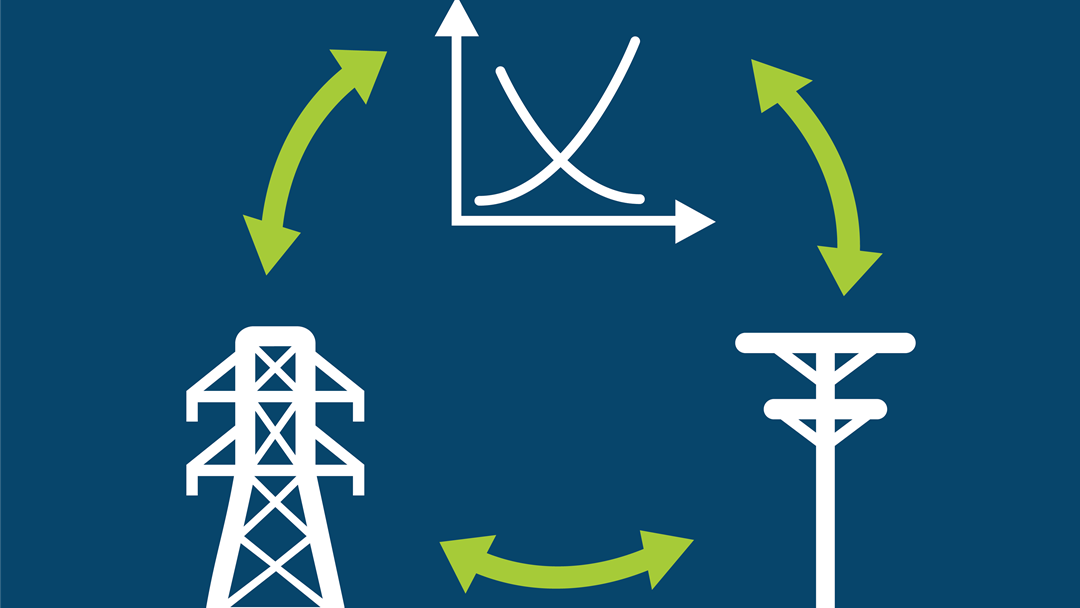Model Predictive Control of a Home Energy Management System: Simulations and Laboratory Testing
Challenge and objective
- Stationary batteries are becoming economic attractive for several markets and services.
- Finding the best operating strategy for charging and discharging is a complex mathematical problem.
- This work describes optimization model for battery operation that is implemented in both computer software and in the Smart Grids Lab at NTNU.
Work performed
- Development of a Rolling-horizon battery optimization model for Home Energy Management.
- Build-up of control system and component setup from scratch in the NTNU Smart Grids Lab.
Significant results
- Proof of concept in lab.
- Demonstrated the functionality of Rolling-horizon optimization in real-time operation.
Impact for distribution system innovation
- Tested and verified the usefulness of mathematical programming for smart control of batteries in a physical lab environment.
- Principles from this work can be applied to other test/demo sites with batteries.
- Ultimately lead to better utilization of grids, renewables and flexible power system assets.
- Name
- Magnus Korpås
- Title
- WP3 Lead
- Organization
Reference in CINELDI



